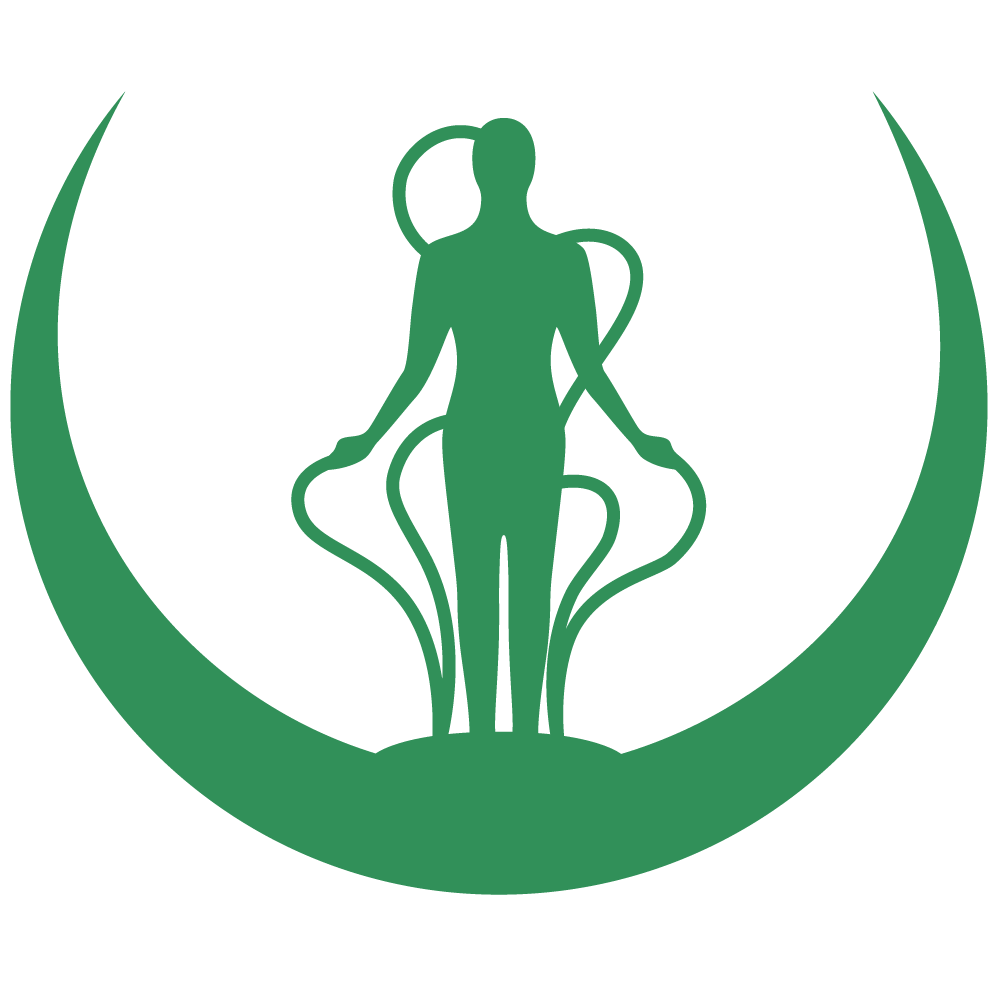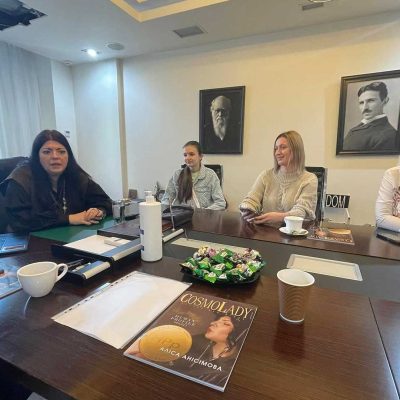Supervision from an expert profiler
Physiological fatigue goes away when we give the body what it really needs: shifting attention, rest, healthy sleep, delicious food and drink. Some people benefit from peace and quiet, others from their favorite animals, flowers, music or simple little things that give them joy.
Psychological fatigue is more complex. It doesn’t go away quickly and requires a deeper recovery. Sometimes it is a conversation with a psychologist, a long journey in therapy, and reinventing yourself and your lifestyle. It is a process that takes time, support and self-care. It’s the default solution. It’s the way it should be. But how do professionals deal with psychological stress and overload? Psychologists, military volunteers, counselors, therapists, rehabilitators, business coaches, trainers, psychiatrists? When should it be done and what happens if you don’t work with it?
The first stage of the consequences of an unworked workload is overexertion.
It manifests itself as general brokenness, slow reactions, lack of energy even for basic tasks.
The second stage is the loss of professional reactions.
The speed of response to important working moments decreases, sensitivity to the client’s needs is dulled, and analytical skills deteriorate. A person loses his or her internal “compass” – the line of counseling, strategic vision, and clarity of action. The third “stage” is burnout. And that would seem to be it, but no. The most difficult and dangerous fourth stage is psychosomatic.
It occurs when a person is still in the prime of life, but is no longer coping internally. Chronic stress and anxiety, sleep disturbances, nightmares, fatigue, and headaches appear. Visual impairment, swelling, bruising for no apparent reason, muscle spasms and even nerve pain begin.
Emotional symptoms are particularly severe:
- Hyperempathy – excessively feeling the pain of others on oneself,
- loss of confidence in their own conclusions,
- an inability to be a pillar even for oneself,
- lack of an internal “filter” – the inability to detach oneself from another’s condition.
When such a situation happens to a pro, it is really terrifying. That’s why there is supervision – counseling for pros, special methods and practices.
In the direction of supervision, there are quite a few tools based on profiling. They help you understand both yourself and your clients more deeply – taking into account the types of thinking, emotional reactions, behavioral patterns and stress zones. And each is customized at each stage of a supervisor’s work with a pro client. Supervision can be active – direct inclusion in the dialog, analyzing the situation, establishing the causes and correction. It can be passive – a step-by-step recommendation part of self-processing (for example, watching a movie for further discussion, arthrobot with subsequent active correction based on the analysis of the results).
What can profiling offer to a professional client within the framework of active and passive supervision?
Productive analysis and analytics of the client’s condition. The main reinforcement of state analysis is: detection of the environment (personal, work), consideration of personal weaknesses and strengths, recovery levels, behavioral analysis (profiling behavioral analysis). This is a unique system service in terms of the specifics of the information provided to the client (when you talk to the profiler, you get the feeling that he has always been around, has seen everything and is familiar with all the participants). Therefore, contact is easy and productive at once. New information and adjustments complete the picture. The person receives high-level supervision, which lasts several sessions of an hour and a half.
The next stage is dialog and talking through problems. And then – finding solutions through analytics and analyzing steps (possibly mistakes).
Next, the profiling supervisor suggests:
– activation of new states of working with oneself (individual selection);
– activation of defense mechanisms (adjustment, replacement, restoration):
– passive correction (reviewing projects and reading articles);
– self-development;
– relaxation block through shifting the energy of creativity.
Thus, supervision according to profiling methodology has high efficiency and uniqueness of application. During 3-4 supervisions the pros get full recovery of psychological state, worked out development perspectives and prevented or destroyed psychosomatics and at the same time – strengthened psychological and mental health.















